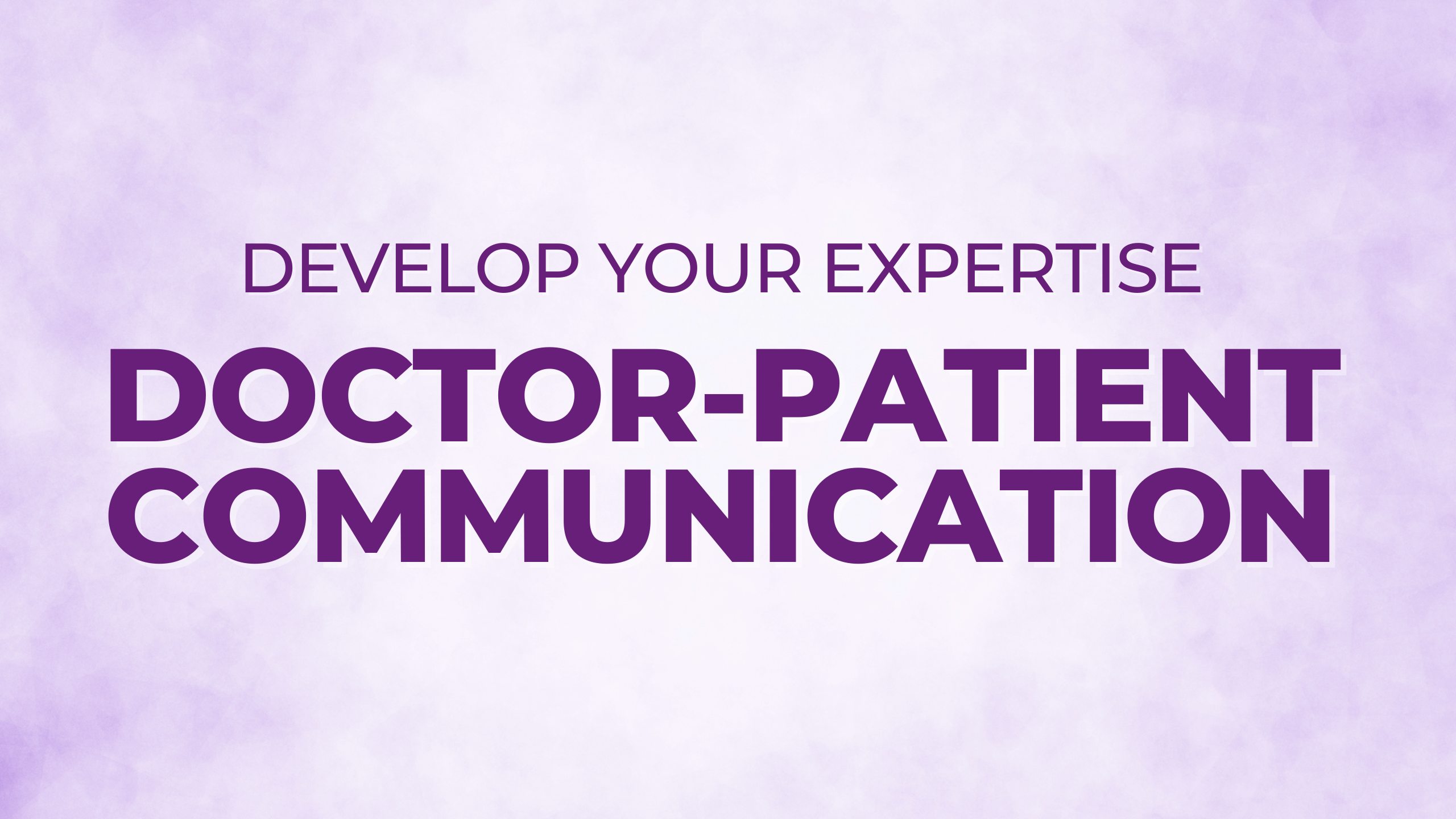
Do you have 30 patients to see today? 20 phone calls to make after hours? Charting to finish (some will probably have to be done after hours), and then, when you finally arrive home at the end of the day, you have to study for a recertification exam and/or take time to earn CME or MOC. If so, you’re not alone—not only are physicians experiencing higher rates of burnout, but satisfaction with their work-life balance is dwindling as well.
As a physician or health care provider, you know that managing all that stress may feel routine, but it takes a physical and emotional toll that can lead to depression and health issues. May is Mental Health Awareness Month, and during this time we want to remind you of the positive impacts that mindfulness can have on your mental health (and physical health for that matter!).
Mindfulness is a suitable practice for busy physicians because it alleviates stress, improves health, and contributes to emotional well-being. Here's how you can start making mindfulness a routine:
What is Mindfulness?
To tackle how to be mindful, first, we need to know, what is mindfulness? Think about it like this: Mindfulness is the act of being fully present and in the moment. When you're being mindful, you're actively observing where you are and what you are doing, and you're not casting judgment. Popularized through Buddhism, and having roots in a number of religious and secular traditions, the practice has become increasingly popular since studies began demonstrating its long list of benefits.
How Can I Be More Mindful Today?
For an introduction to mindfulness, set aside 15 minutes. (Yes, you have so much to do, but try to take this time for yourself!)
Sit quietly and observe your surroundings, your thoughts, your emotions, and your body. You can do this anywhere! Try with your morning cup of coffee, or while you're alone in your office. Take notice of your breathing. If you find yourself thinking about the future or past or making judgments about what you are experiencing, let these thoughts roll by and return to the moment.
Sound simple? It is! But you’d be surprised how hard it is to sit still for that long without a cell phone, an agenda, or judgment.
How Can I Start Incorporating Mindfulness into My Daily Life?
Though there are a variety of mindfulness techniques that can be completed as a form of quiet reflection or meditation, mindfulness can also be practiced moment-by-moment in our daily lives by focusing attention on our surroundings, our feelings, and other people. Mindful practices will not remove the stressors in our lives, but they can help us better cope with them in the present. And, there is evidence that regular mindful practices can actually change the structure of the regions of our brains associated with fear and pain.
4 tips to practice mindfulness during your workday from MedStudy's YouTube channel
The benefits to your body and mind will be well worth the effort.
What Other Tools Can I Use to Be More Mindful?
Interested in more? Here is a (not comprehensive!) list of some of the other tactics, tools, and strategies that we recommend to get you through your stressful days and focus on your mental health.
How To Identify (and Fight!) Physician Burnout
Manage Symptoms of Burnout by Focusing on Your Breath
3 Ways to Find Joy in Your Work and Fight Physician Burnout
7 Ways Doctors Can Bring Mindfulness into Their Busy Workday
Stress: Silently Sabotaging Your Study Time
6 Ways to Prioritize Self-Care Before Boards
5 Ways to Avoid Physician Burnout and Stress Eating
Note! We think it's so important to call attention to physician burnout and offer tips to try and combat the strain that it puts on us as physicians and healthcare workers. However, we do realize that this is part of a much larger issue that impacts all of healthcare and are in no way saying "just breathe and it will be fine." We're merely offering tips and tools to help, even in small ways.


